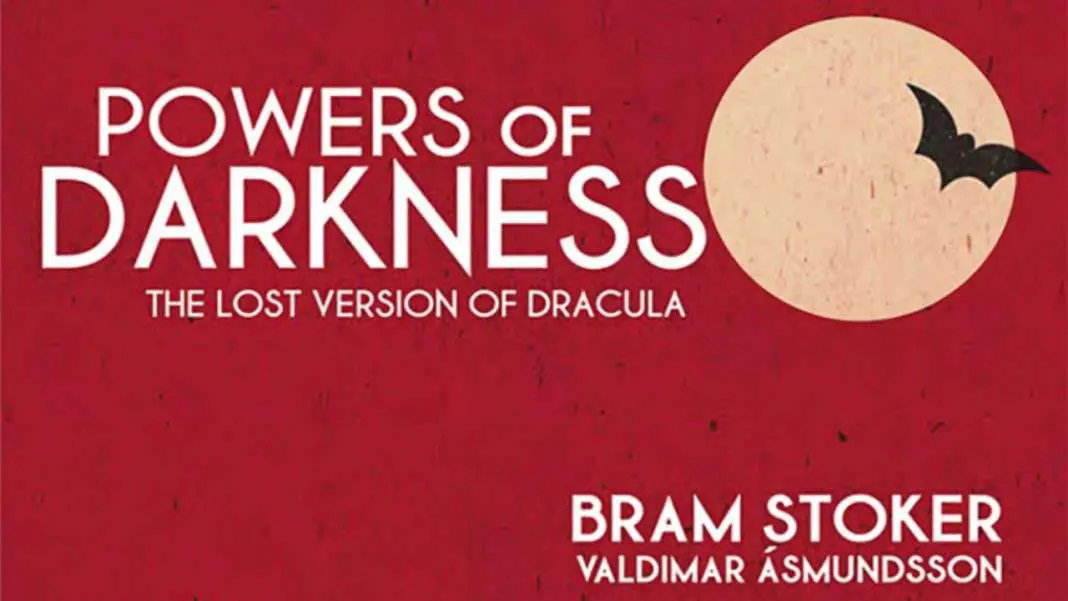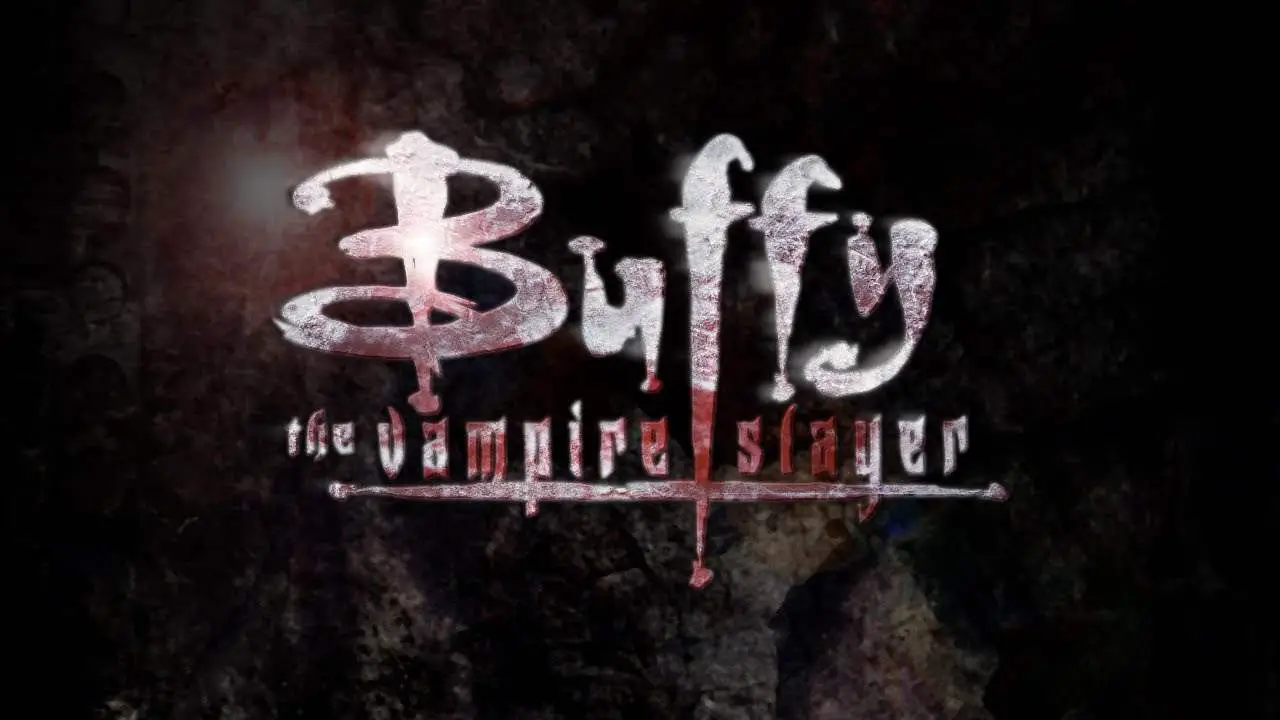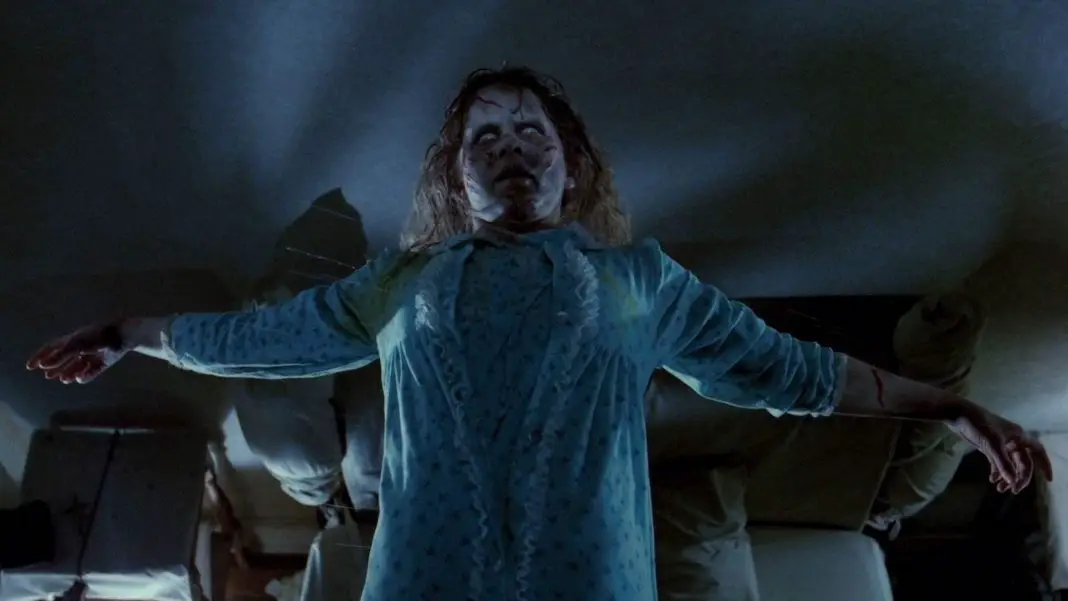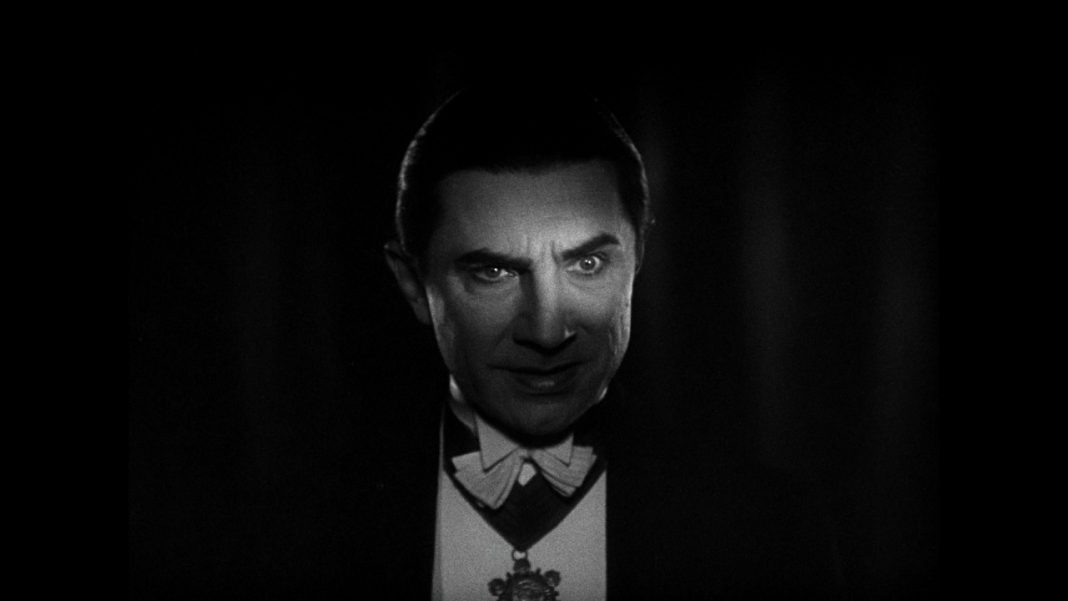Sometimes, as a Dracula nerd, you come across an amazing discovery. And the deeper you go into the lore and the history of the novel, it becomes harder and harder to be surprised. There have been so many excellent books written about the book, about Bram Stoker, about the historical inspiration, Vlad III Dracula and so on and so forth. But even for the most jaded Dracula aficionado, this book is an amazing discovery.
In Powers of Darkness, readers are treated to what essentially amounts to an entirely new version of the novel, as well as a wealth of history and backstory about how this version came to be, which is no less fascinating. Readers are taken on a historical journey regarding a long-lost Icelandic translation of Dracula. The basic story is that when Dracula began to be translated into other languages, the Icelandic transcriber wound up writing an entirely different version of the book. Nobody noticed until the late 1980s.
How could something like this happen? How did nobody notice for almost a century? And then it gets even stranger, because some of the new characters added to the narrative actually stem from Stoker’s original notes. Did this transcriber somehow work from Stoker’s original outline? Or—as some sources suggest—did Bram Stoker actually write this completely different version of his own novel, himself?
I won’t give anything away, but the book delves deeply into all of these things. You’re left to come to your own conclusions on some matters, because we’ll never know for sure, but I think that makes it all the more interesting.
As for this version of the novel itself, it’s kind of amazing. It’s a book that was written in English, transcribed to Icelandic and then transcribed back into English. It’s the closest thing I think I’ve seen to a novelization of a novel. The story is a little rougher in many ways. The first four chapters in the English-language version actually take up a little over the first half of the book here. In that respect, it’s similar to the novelization of Halloween, which spends nearly the first half on Michael’s time in the sanitarium before his escape, which is only the second scene in the film.
It’s rough in places, certainly. As many have pointed out, it doesn’t feel quite finished. Everything starting with the trip to London and most of the peripheral characters of the story have been cut way down or even cut out entirely. But even those changes are fascinating in their own way.
There are several interesting new additions, particularly a young woman imprisoned in the castle. In some ways, though this may simply be a byproduct of the new translation, this version actually feels more modern. It doesn’t necessarily feel like a book written in 2017, but the changes feel very much in line with the Hammer Dracula films that emerged at the end of the 1950s and carried into the 1970s. Fans of that incarnation of the Count should absolutely check this book out.
Truthfully, Powers of Darkness is a must for anyone who’s a fan of Dracula, of vampire stories or of literary history in general. Particularly the latter, as it offers some amazing insights. Not only does it reignite the flame of a love for all things Dracula, but it leaves you wondering for days about what really happened and how it this book came to be.
The original Icelandic translation by Valdimar Asmundsson has been expertly, feverishly researched and translated by Hans Corneel De Roos. On top of that, it features a foreward by Dacre Stoker that’s probably the best thing this Stoker has ever written. Getting this book in this shape is like finding a new cut of Texas Chain Saw Massacre or The Exorcist that we never even knew existed and then receiving it in a four-disc set collector set. For anyone even remotely interested in any version of Dracula, this is worth the read.
WICKED RATING: 9/10






